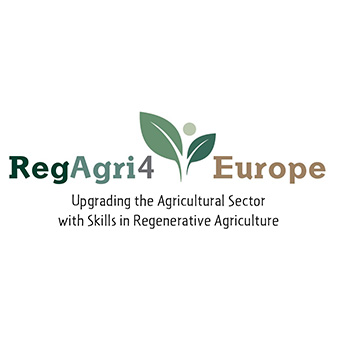RegAgri4Europe

Upgrading the Agricultural Sector with Skills in Regenerative Agriculture
KA2 - Cooperation for innovation and the exchange of good practices | Strategic Partnerships for vocational education and training
2020-1-DE02-KA202-007660
12/2020 – 12/2022 (24 months)
4276.018 €
Greece, Germany, Belgium
Visit the Project's Website
Follow the project on Social Media
RegAgri4Europe
The industrial farming systems succeeds in producing large volumes of food for the global market. In the EU, more than 90% of the fields are cultivated conventionally. However, this
type of cultivation creates serious problems for human health, the climate, biodiversity, soils’ fertility, freshwater bodies and the ecosystem as a whole. (UNEP Foresight Brief, 013,
May 2019). The EU promotes European agriculture with almost 60 billion€ per year. Hardly any of this money is used for production of healthy food or the protection of the
environment, climate and biodiversity (Agriculture Atlas 2019, publication co-funded by EC).
Regenerative Agriculture with its subtopic Permaculture responds to all above-mentioned problems as it is a conservation and rehabilitation approach to farming systems focusing on topsoil regeneration, increasing biodiversity, improving the water cycle, supporting bio-sequestration, increasing resilience to climate change and enhancing soil fertility. In a recent European Commission’s publication, permaculture is included in the 100 Radical Innovation Breakthroughs for the future and is presented as a chance to replenish depleted soils through rotating cultures and complementary crops (EC 2019, ISBN 978-92-76-13045-1). Although solutions exist, regenerative/permaculture farming practices are not taught to apprentices in agricultural schools (see e.g. for Germany: Verordnung über die
Berufsausbildung zum Landwirt/zur Landwirtin).
Objectives of the project
- Close the skills gap in agriculture education by providing a web-based training on Regenerative Agriculture (RegAgri4Europe VOOC). The course will enable learners to apply alternative cultivation methods, therewith equipping them with the competences to respond to the challenges the agricultural sector is experiencing.
- Inform VET authorities and policy makers about regenerative agriculture, prompting them to include teaching contents on the subject into national educational framework curricula.
- Integrate RegAgri4Europe course into curricula of agricultural VET providers, training centers and HEIs.
- Conduct an awareness raising campaign on national and EU level giving policy makers, VET providers, farmers and the general public a coherent picture of the state of the art of Regenerative Agriculture and help foster the perception about alternative farming, its benefits and the possibilities to upscale measures.
Expected Main Results
The results described below derive from all project activities.
- Learners’ acquisition of new skills on Regenerative Agriculture
- Improved digital competences of educators and learners
- Integration of course content into national VET programs and curricula
- Improved perception, awareness and understanding of Regenerative Agriculture/Permaculture of apprentices, farmers, policy makers, VET providers and trainers and the general public
- Influencing political approaches and measures towards a sustainable agricultural turnaround
- Active cooperation of key stakeholders through their involvement in the project’s External Advisory Group (EAB) and Focus Group (FG)
- Creation of synergies and exchange through the creation of a Virtual Community on RegAgri4Europe e-learning space
- Application of the project outcomes and products in partners’r daily practices after termination of the project.
Project Activities
IO1: Status Analysis on Regenerative Agriculture in today’s agriculture, education sector, public awareness and industrial dema
IO2: Development of RegAgri4Europe Training Programme
IO3: RegAgri4Europe Virtual Learning Environment (VLE)
IO4: RegAgri4Europe International Accreditation and Transferability


